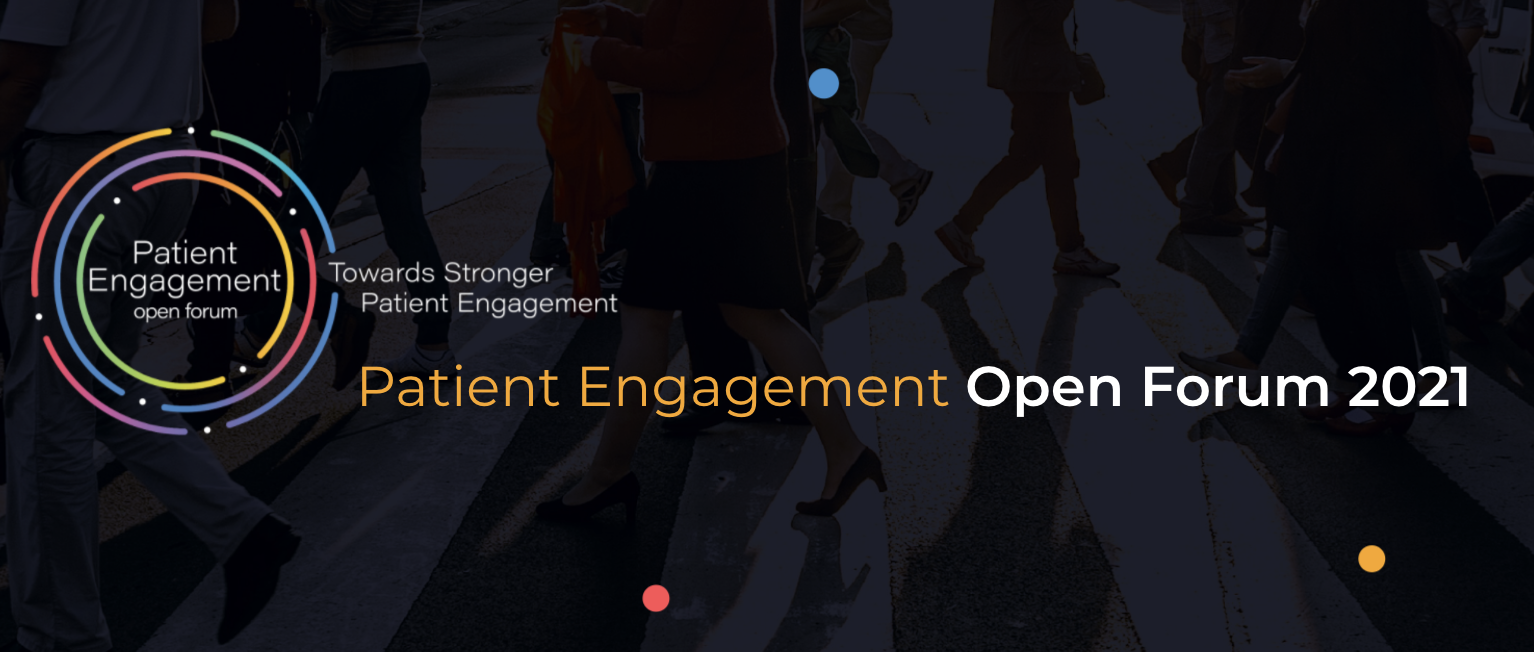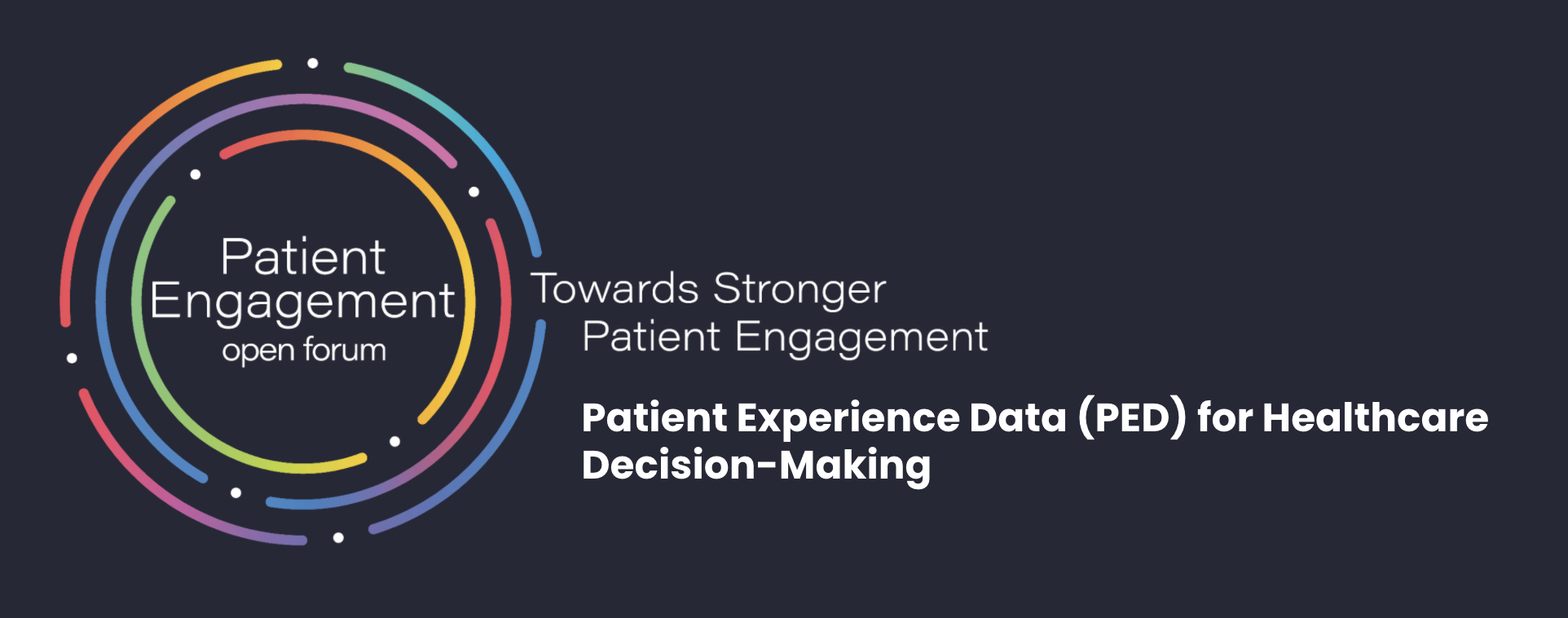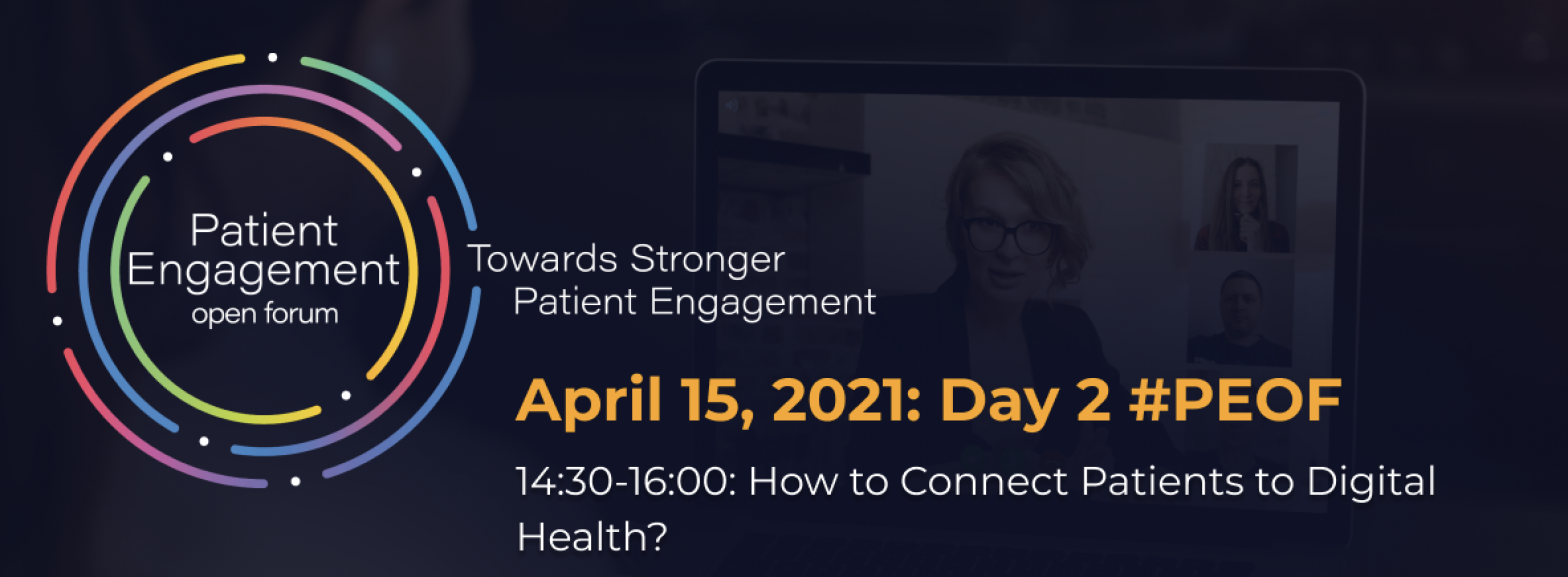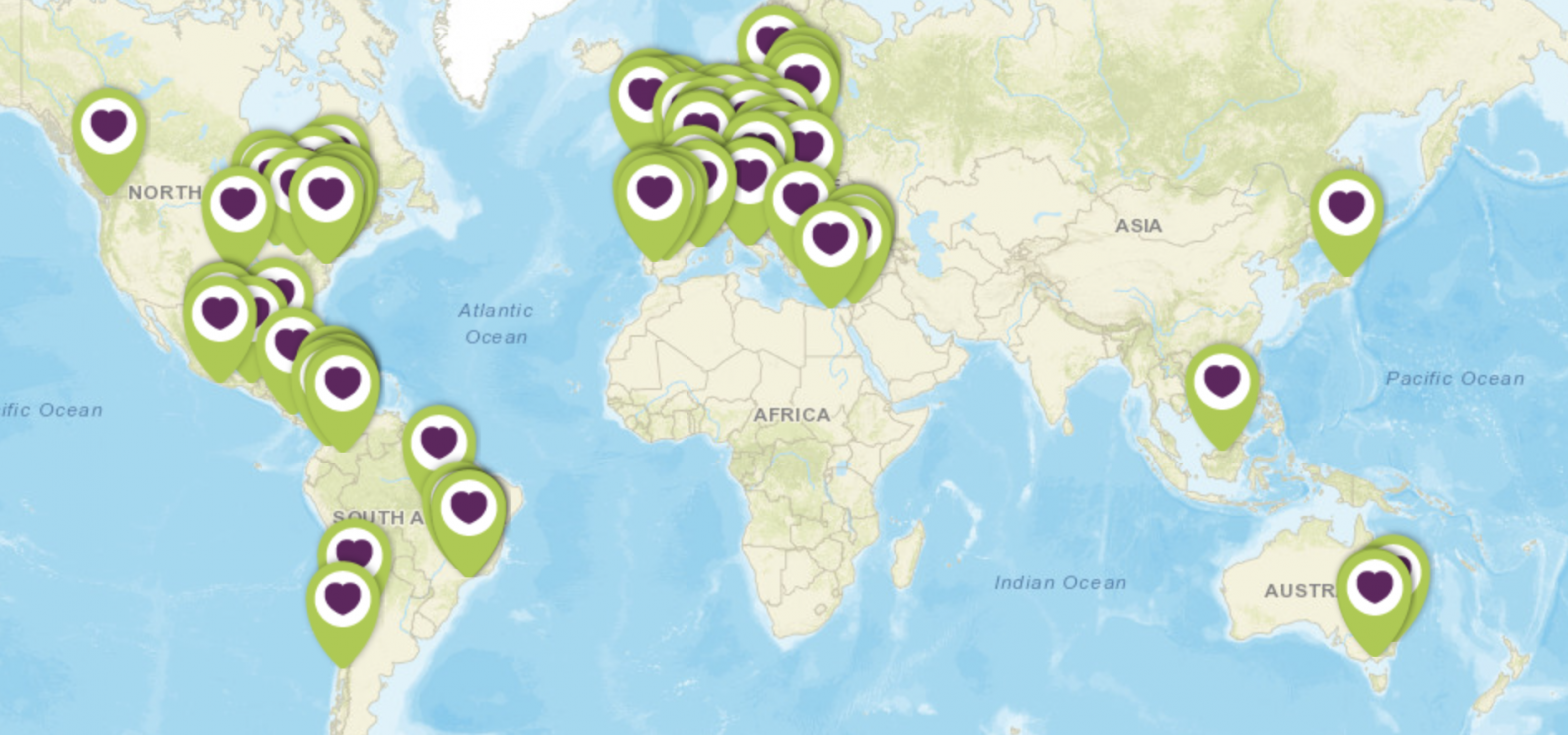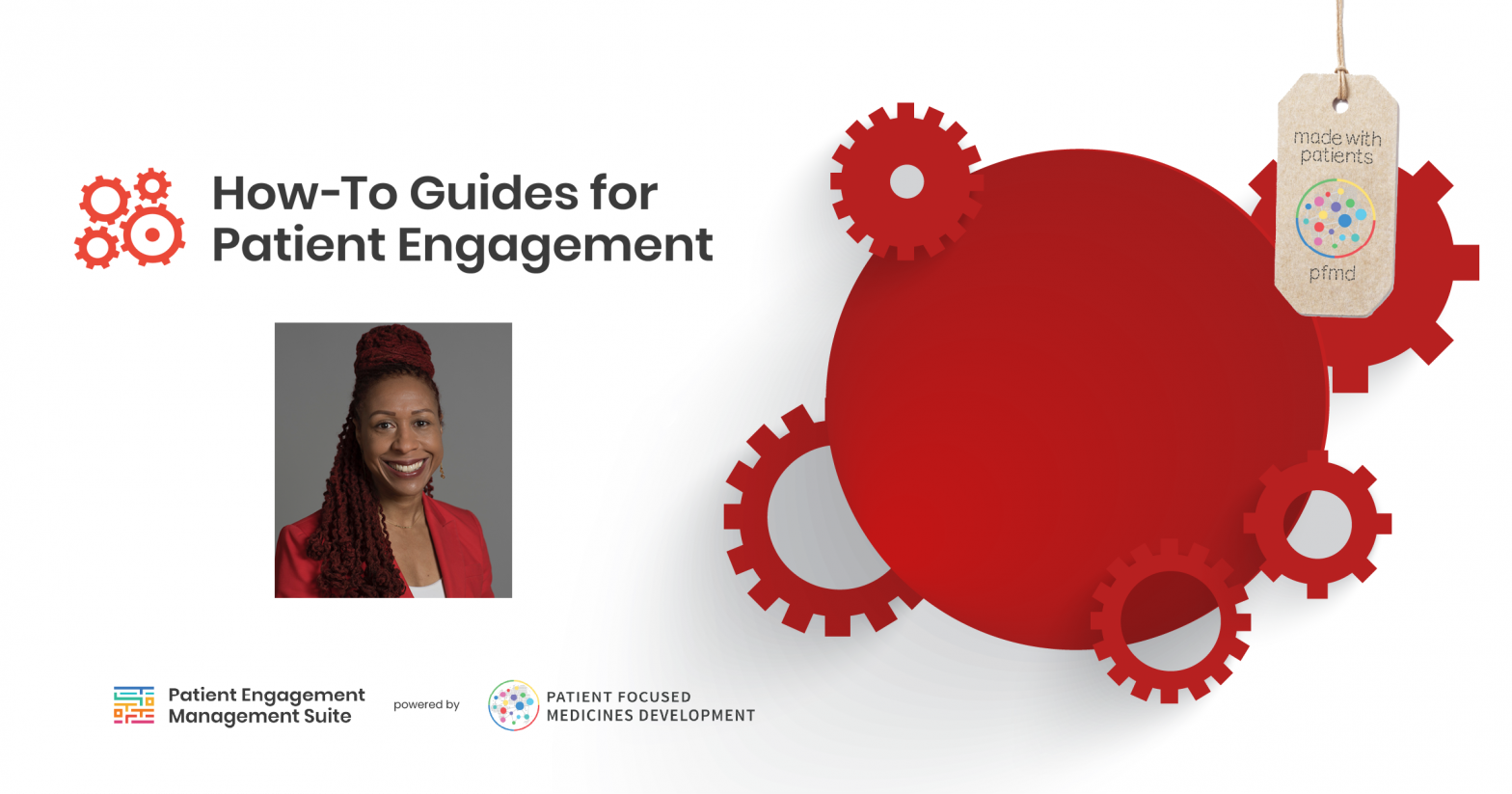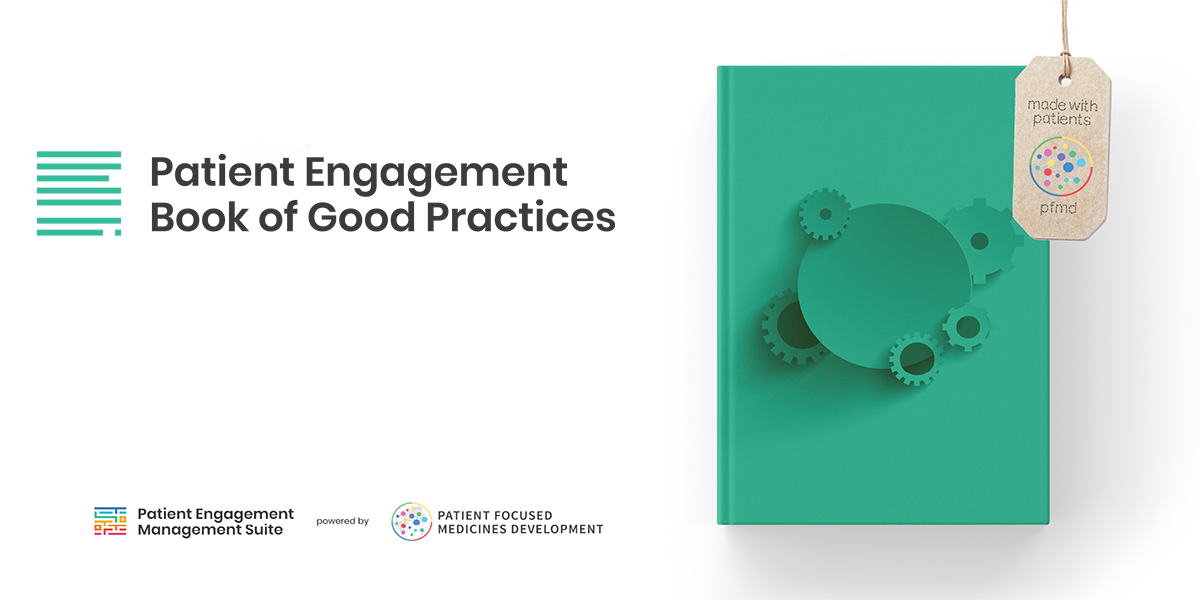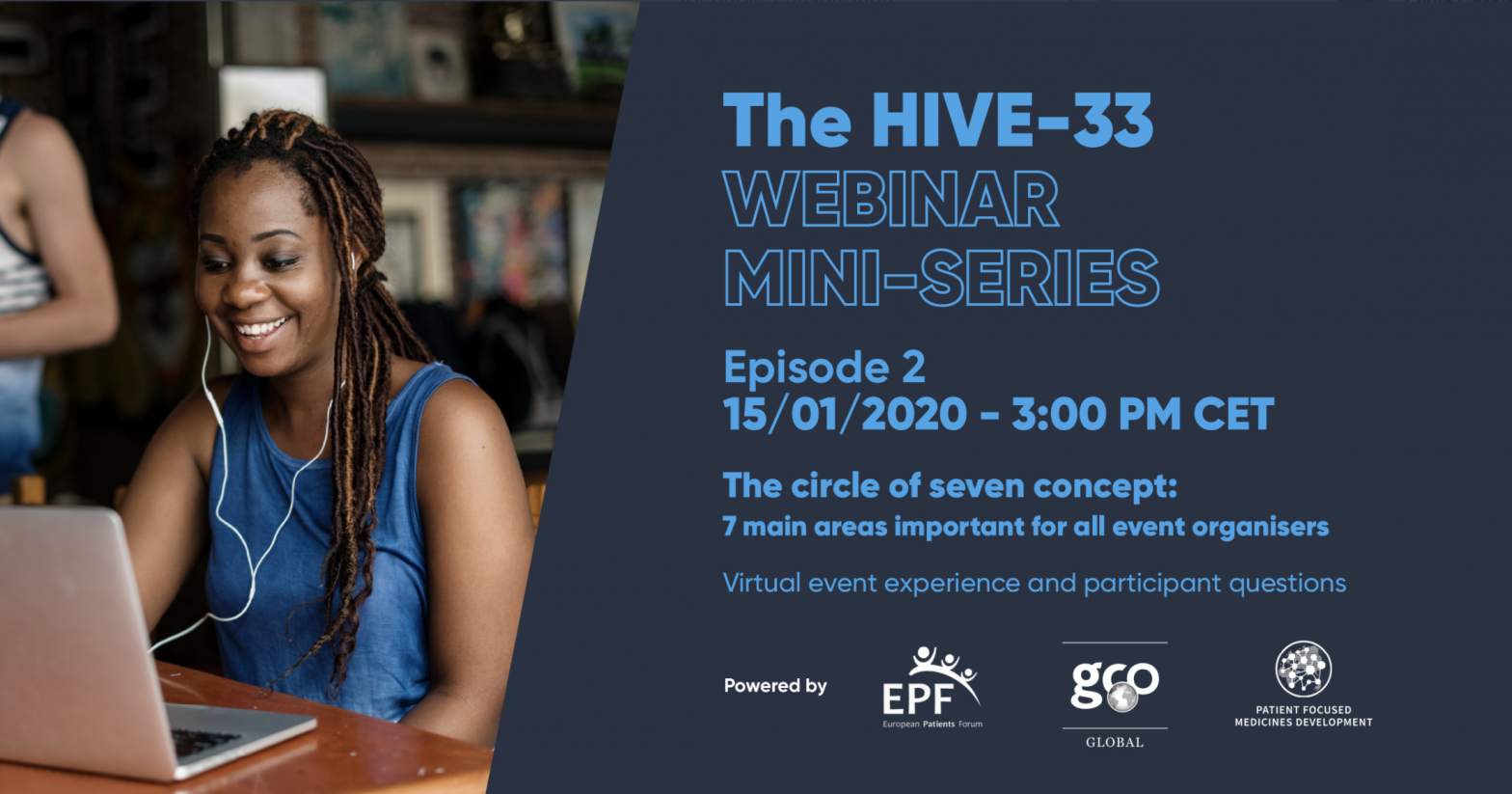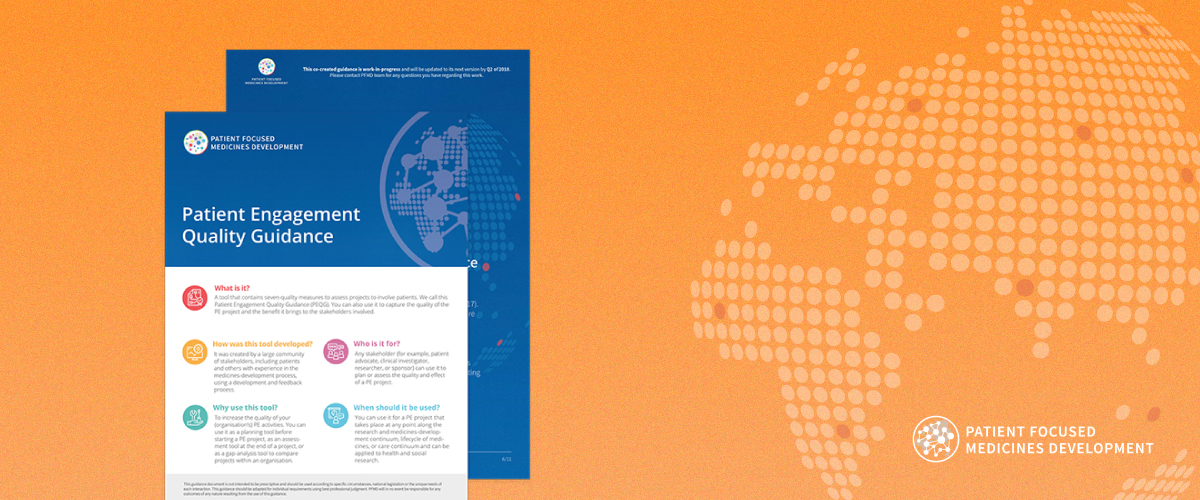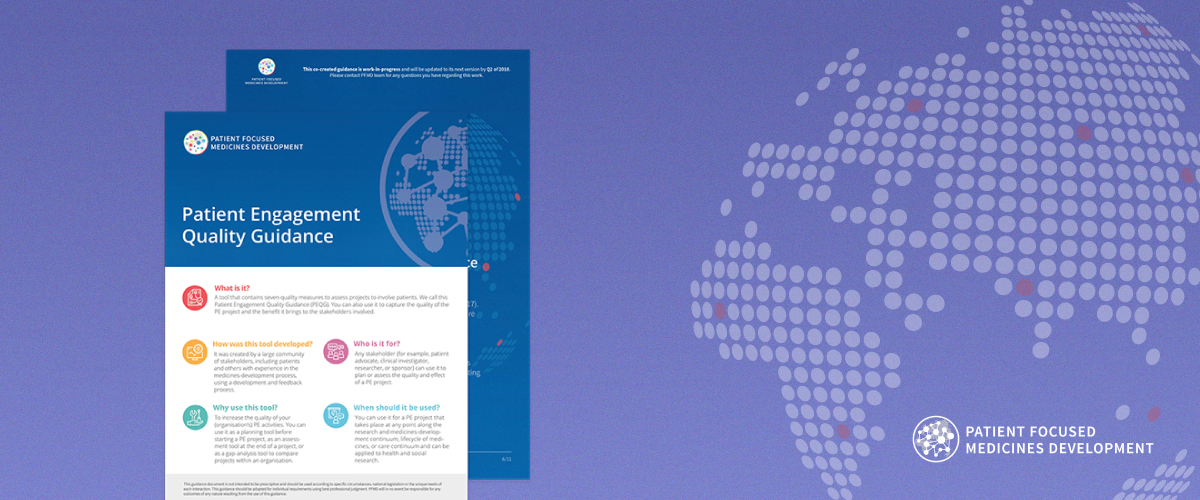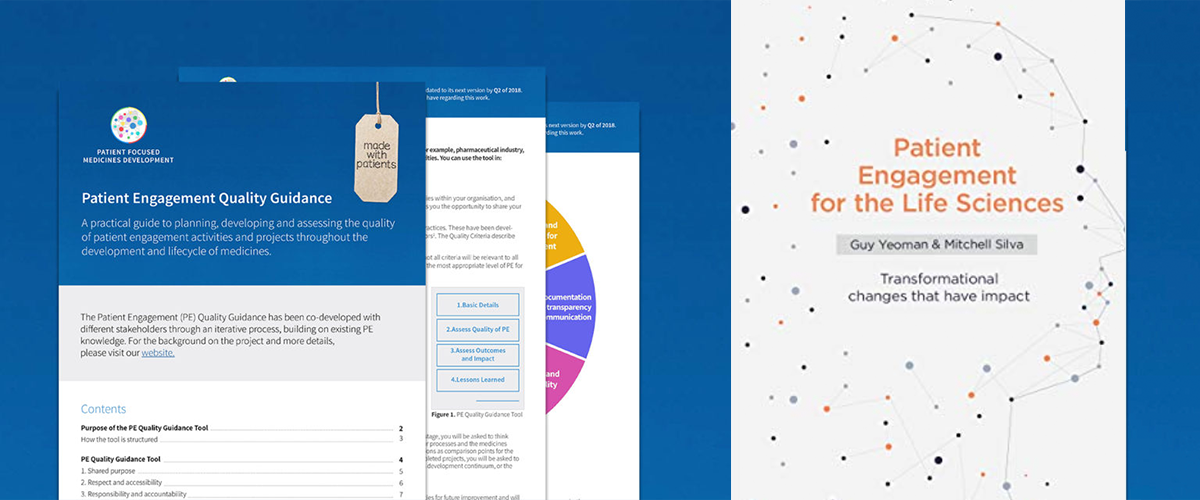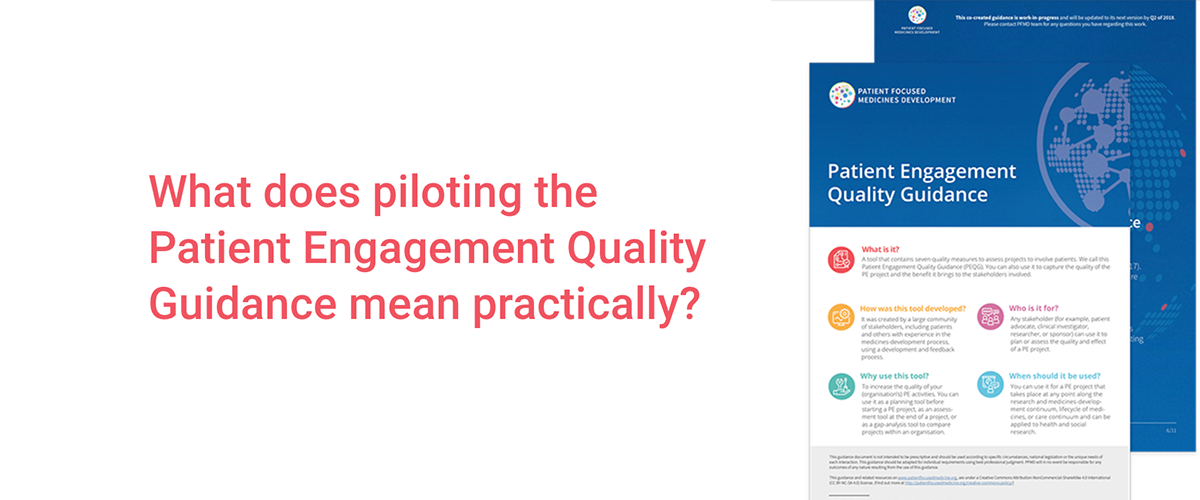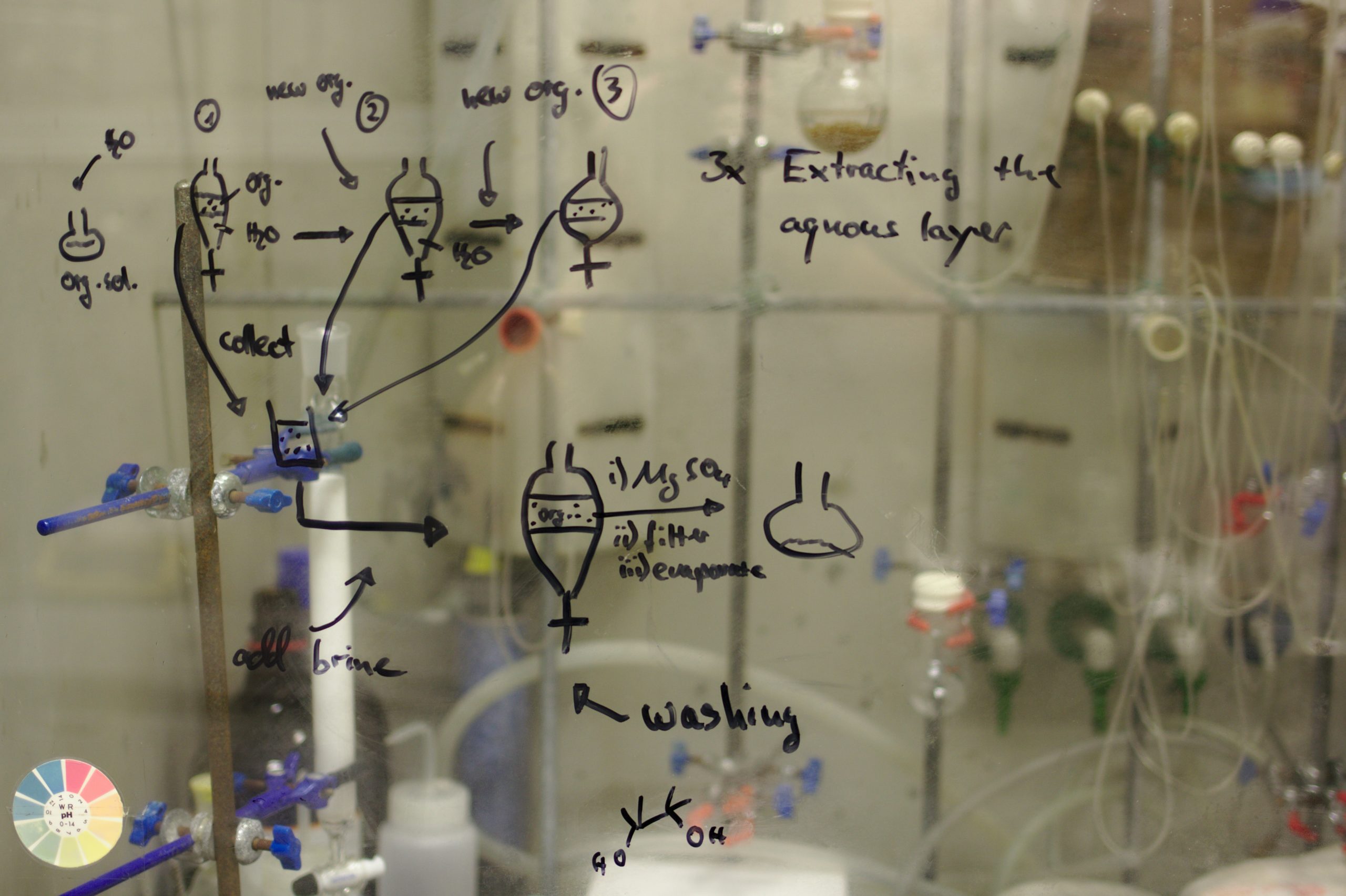Owen Miller of Alzheimer Europe explains how the coronavirus crisis has affected patient care, research and efforts to involve people with Alzheimer’s in meetings
For many people living with dementia, the impact of the COVID-19 pandemic has been profound. Services were curtailed, virtual meetings brought new technological challenges, and those in care homes faced significant challenges to seeing loved ones.
We asked Owen Miller, Policy Officer, Alzheimer Europe, how the pandemic has affected people with dementia and those advocating on their behalf.
How has the COVID-19 pandemic affected your work at Alzheimer Europe?
Alzheimer Europe has been able to continue our core and project work, even during periods of lockdown, working from home where necessary. However, it has also required a substantial shift to move meetings and engagements with members and stakeholders online, including our Annual Conference.
Has it impacted fundraising, education and awareness campaigns?
Moving the conference online was a huge challenge, however, we were encouraged by the number of close to 800 participants, as well as by early feedback which has been incredibly positive.
Alzheimer Europe was definitely impacted financially by the COVID-19 pandemic, but we were in a fortunate situation since we were able to offset the 25% fall in income by a similar reduction in expenditure.
Were your members affected?
Yes, our national member organisations were impacted more significantly and some have reported that the pandemic was particularly challenging for fundraising as restrictions severely hampered their ability to host in-person activities, which for many, is a vital component of their income.
Our members continued their awareness-raising activities in a number of different ways. Some used World Alzheimer’s Day on 21 September to highlight the challenges faced by people with dementia, their families and carers during the pandemic, whilst others have continued to focus on engagement with decision-makers.
It is also worth highlighting that our members have used their previous awareness-raising and education work (e.g. Dementia Friends and Dementia Friendly Communities) to provide networks of support for people with dementia and their carers, finding volunteers to deliver shopping, medications etc.
Have you seen an impact on clinical trials?
In July 2020, Alzheimer Europe published a position statement highlighting the challenges facing dementia research as a result of the pandemic.
Public and private research funders have reacted to these difficult circumstances by offering no-cost extensions of projects and flexibility with deadlines for deliverables. Whilst these measures were welcome, they have not addressed the fundamental challenges in dementia research projects around recruitment, study visits and follow-ups.
In addition, biobanks are operating at higher security levels, which has affected the processing and analysis of biosamples.
Has the pandemic disrupted patient care in a significant way?
The disruption to care and support services for people with dementia has been the most significant challenge for people with dementia and their carers during the pandemic. As a result of lockdown and physical distancing measures, many in-person supports and services such as home and daycare were discontinued or operated at a much-reduced capacity.
In addition, long-term care facilities such as care and nursing homes have prohibited or severely restricted family visits in an effort to prevent residents, many of whom have dementia, from contracting the virus. This is especially difficult for people with dementia in care settings, as these restrictions have often been prolonged, lasting months rather than weeks.
The cumulative effects have been stark, with our members publishing research showing increased levels of stress, anxiety and loneliness amongst people with dementia and their carers.
Have public involvement activities been disrupted this year?
Our public involvement activities with the European Working Group of People with Dementia (EWGPWD) have continued throughout 2020, with the meetings of the group moving to an online format. Members have adapted to online meetings and are still able to be involved in the work of the organisation and in different projects, including recording video clips to present at our annual conference, which was virtual this year.
Nevertheless, such meetings are very demanding for most members of the group, in terms of concentration and dealing with technology, and we have had to organise more frequent smaller and shorter meetings. We have been working with the group on a report on the accessibility of meetings for people with dementia, including virtual meetings, which will be published in December.
What are your hopes and expectations for 2021?
Like everyone, we are hopeful that 2021 will see the roll-out of a successful vaccine that allows for physical distancing measures, lockdowns and other restrictions to be removed. However, we do not hope for a like-for-like return to pre-COVID-19 times.
The pandemic has shown that with the investment and motivation, systems can quickly adapt and refocus – we, therefore, hope that 2021 will see some of this innovation and investment directed towards dementia services and research.










